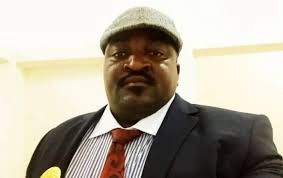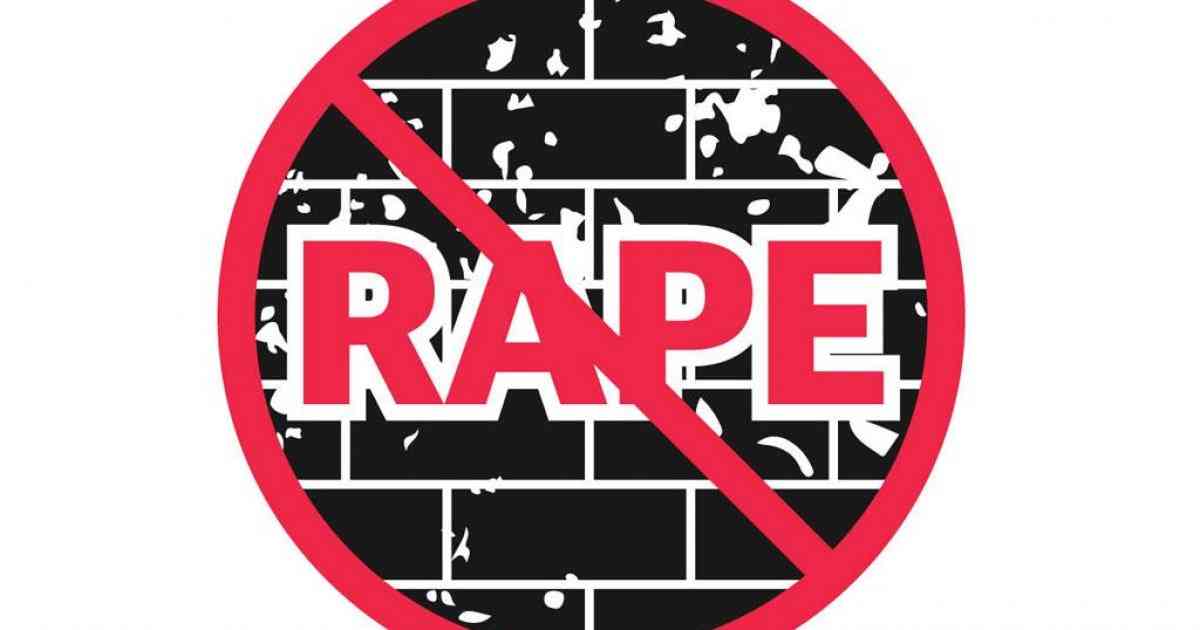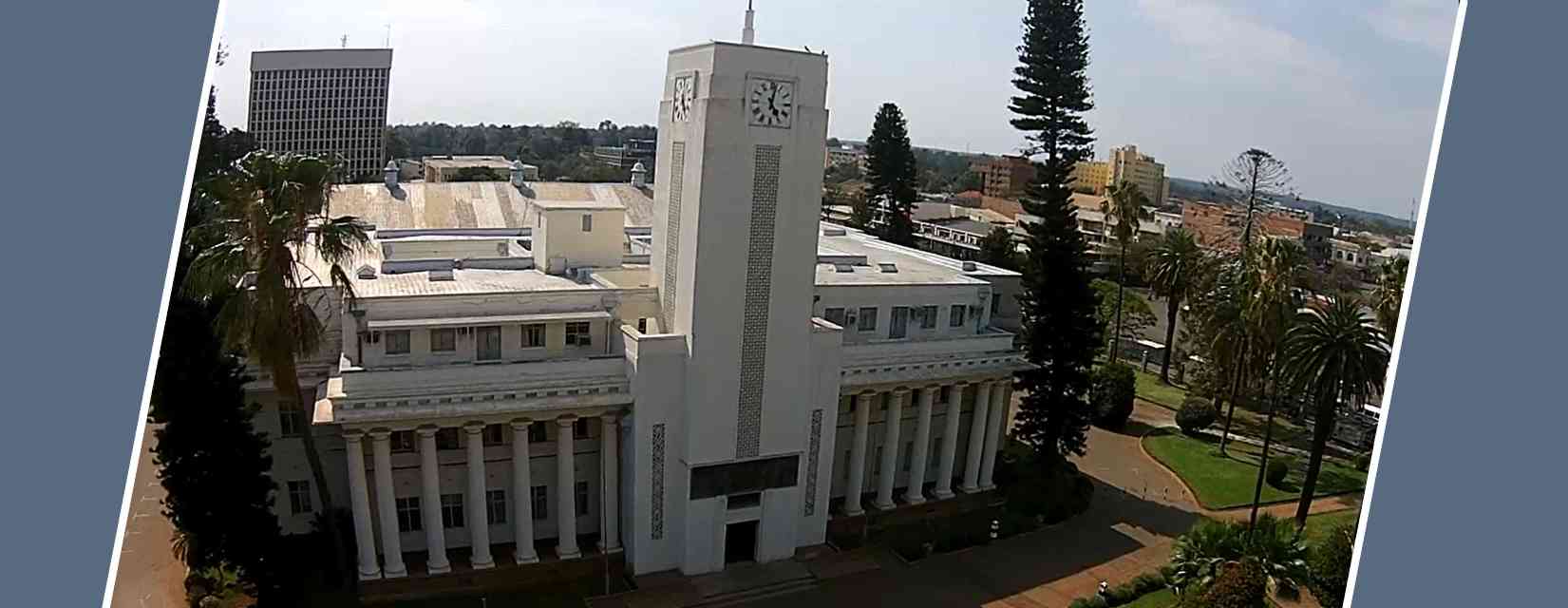
A Midlands chief has found himself in the spotlight by wading into Zanu PF succession politics and violating the Traditional Leaders Act and the constitution which mandates traditional leaders to be apolitical.
Chief Gwesela of Zhombe, born Ndabezinhle Wait Ndebele, urged his subjects to support a controversial plot to extend President Emmerson Mnangagwa’s term ofoffice from 2028 to 2030.
He waxed lyrical about why Mnangagwa must be given an extended term of office during a traditional ceremony held at his homestead in Zhombe last week.
Gwesela claimed the president had done a lot for the country.
"We have some army officers here (at the ceremony) and some of them showed me 86 vehicles that had been handed to them,"Gwesela said.
"We have never seen anything like this under the first republic.
“The second republic (under Mnangagwa) is honey.”
He added: “Our country should move forward led by someone, who is noble and with a vision.
- NoViolet Bulawayo’s new novel is an instant Zimbabwean classic
- Jah Prayzah, Zanu PF rekindles ‘lost love’
- Bank workers appeal to Ncube for tax relief
- Indosakusa marks 21-year anniversary milestone
Keep Reading
“So we are saying to our president go forward go forward, 2030 is for you and to those who don't like him we say down with them and they can go hang."
Last week, Mnangagwa handed over 100 cars to army commanders in what observers have described as a strategy to buy loyalty from the military amid serious Zanu PF succession clashes with his deputy, Constantino Chiwenga.
Gwesela said he would not stop supporting plans to extend Mnangagwa's rule until 2030.
"This resolution came from our children and as parents we should support them,"Gwesela said.
The traditional leader is not new to controversy.
Recently, he urged the local community, largely of Malawian origin, at the new Globe and Phoenix primary school site in Kwekwe to back Mnangagwa's extended presidency plan or risk being "sent back to where they came from."
Under Section 281(2)(a) of the Zimbabwean constitution, traditional leaders including chiefs must be nonpartisan.
Some chiefs have, however, often publicly endorsed the ruling Zanu PF party and receive perks such as cars, allowances, electrified homesteads built from government offers among other benefits.
Last month, the Zimbabwe Lawyers for Human Rights demanded a retraction from Chief Oliver Saurombe of Manicaland over his remarks that Mnangagwa should serve as the country's life president.
Human rights lawyer Obey Shava described Saurombe's comments as "plainly unconstitutional."
Section 7 of the Traditional Leaders Act allows for the suspension of a chief found guilty of misconduct including participation in partisan politics.
At the same traditional occasion, guest speaker and Midlands Provincial Affairs minister, Owen Ncube, said the government recognised the "critical role" played by traditional leaders.
"These signature projects and programmes justify resolution number one, which supports attainment of vision 2030 under the stewardship of his excellency the president of the Republic of Zimbabwe, Comrade ED Mnangagwa," he said.
Mnangagwa has, however, said as a constitutionalist he would not extend his presidential term and that elections will be held in 2028.









